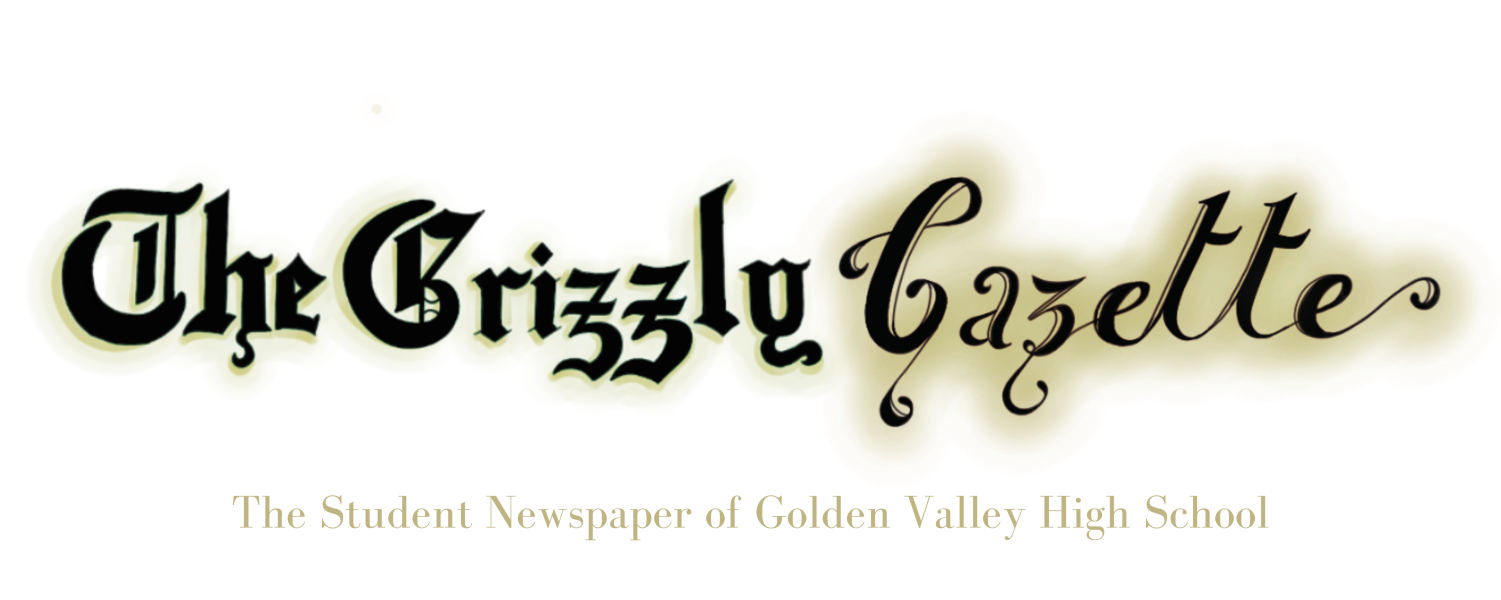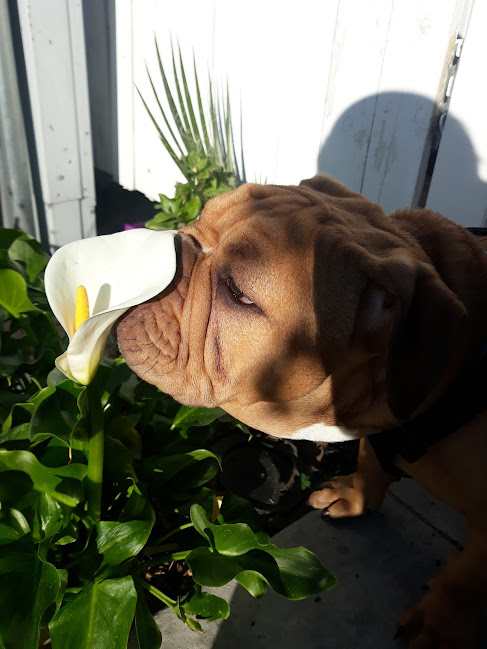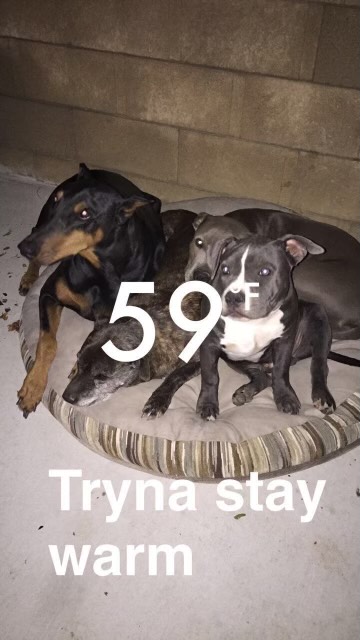A wagging tail conveying joy, mournful eyes speaking sadness, and an embrace from a furry fluff representing loyalty, but are you interpreting your dog’s behavior accurately? We might think our pets feel a certain way because we project our feelings and emotions onto their actions. This is called anthropomorphism.
Anthropomorphism is inputting human behaviors, traits, and characteristics on non-human things. Human instinct to relate to something other than humans can delude our understanding towards our furry companions.
Gary Williamson, a biology teacher and the science department chair at Golden Valley, differentiates humans and dogs as different species. Williamson states, “our brain is more complex, we have language we write and sing, we can do all these things, dogs can’t.”

Human Emotions & Dogs
Williamson dives into anthropomorphism as, “thinking you know what a dog is thinking and feeling.” This can apply to anything– it can be a cat, bird, or a worm, where you think it feels the same way as you do.
He said, “A dog can’t tell us what it’s thinking and feeling.” For us to then say, ‘My dog loves me’, there’s no way to prove whether it’s true.
When asked about if dogs love their owners, Williamson emphasizes, “Your dog doesn’t love you. Your dog isn’t happy to see you. It’s not panting because it’s happy to see you. They’re panting because that’s how they cool off; they don’t have sweat glands.”

Human-Dog Relationships
Pavlovian response is one of the most famous imprinting done on an animal, Williamson said. Ivan Pavolv, an experimental neurologist and physiologist from Russia and the Soviet Union, is credited with discovering classical conditioning while working with dogs. When Pavlov would ring his bell, his dog would salivate. Over time, his dog came to associate the bell with getting fed.
Williamson elaborates, “When you’re training a dog, you are imprinting them with what you want to see. It doesn’t mean they’re doing or thinking what you want.” He further explains, “They’re just responding to the things that they need, which are food, shelter, and water. They come to associate things you do with their necessities.”

Why Does it Happen
Williamson discusses his rationale behind anthropomorphism. He believes, “They’re lacking something in their own life and they need that from their dog. They need to think someone loves them, misses them, or is depressed when they’re not there.”
He provides additional insight that people who project human emotions on a dog are likely to continue to do so, avoiding the hard truth.
According to the Scholarly Community Encyclopedia, anthropomorphism may be detrimental to a dog’s physical and emotional health. Studies propose owners who misinterpret appeasement behavior as guilt, mistakenly believe their dogs act destructively when left alone. This leads to punishment creating a distressing environment rather than comfort for dogs.
Overall, anthropomorphism is derived from a human’s need to receive empathy, although dogs are unable to communicate with us, they can perceive our actions, complementing our manners and providing an excellent companion.






